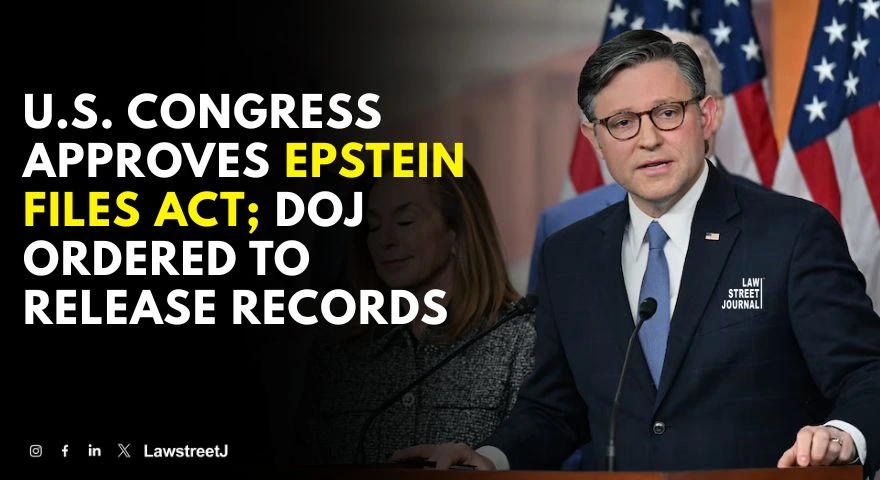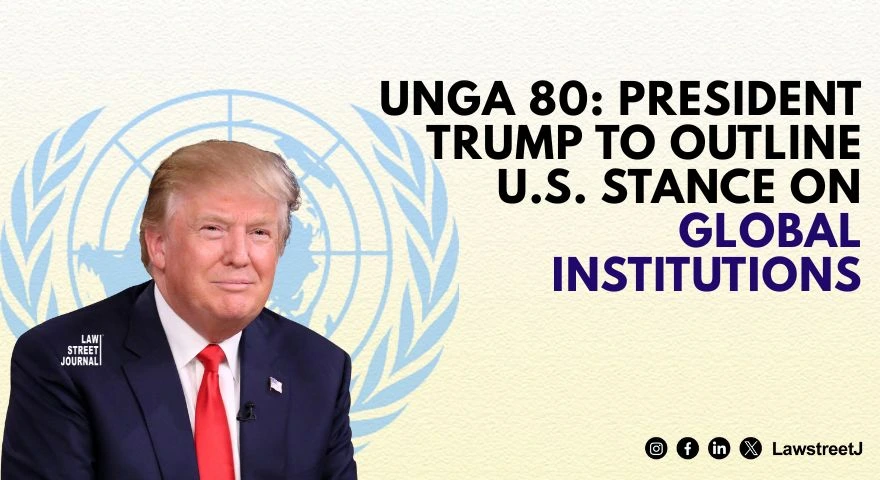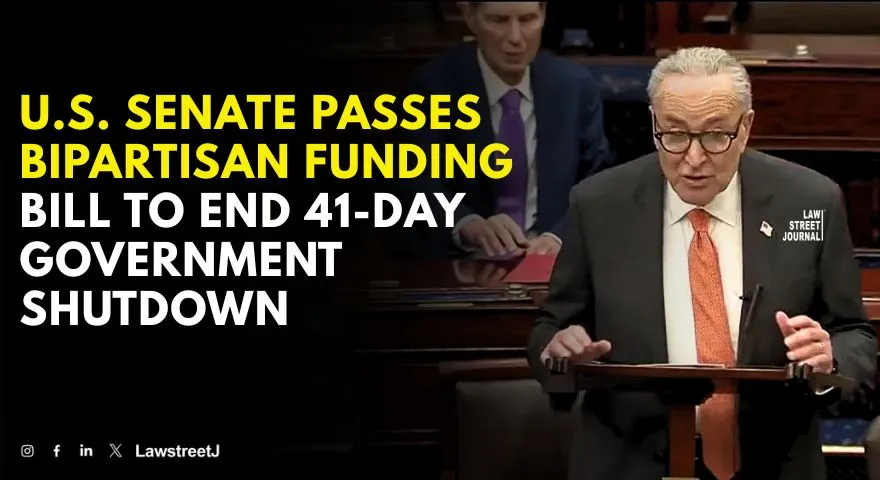United States: The United States Congress has approved the Epstein Files Transparency Act, a bipartisan measure requiring the Department of Justice to release unclassified federal documents related to Jeffrey Epstein. The legislation, which advanced through both chambers with near-unanimous backing, now awaits President Donald Trump’s signature after he reversed his earlier opposition.
Overwhelming Congressional Approval and Legislative Progress
On November 18, 2025, the House of Representatives passed the bill with a 427–1 vote, marking one of the most decisive displays of cross-party agreement in recent years. The sole opposing vote came from Representative Clay Higgins (R-LA), who raised concerns about the potential release of information involving individuals who were never formally charged. Hours later, the Senate approved the bill through unanimous consent, advancing it without requiring a recorded vote.
The measure directs the Department of Justice to publish all unclassified materials related to Epstein’s criminal activities, associated investigations, and the circumstances surrounding his death in federal custody. Under the Act, the Department must release these documents within 30 days of the legislation becoming law. The mandate includes provisions for redactions to protect the identities of survivors and other sensitive information deemed necessary for privacy or safety.
President Trump’s decision to support the Act followed pressure from Republican lawmakers and public transparency advocates. His shift came after a series of internal discussions within the party, during which several GOP members indicated they would back the bill regardless of the administration’s earlier stance.
The Epstein Files Transparency Act establishes mandatory procedures for federal agencies concerning the release of unclassified records. Key provisions include:
- Disclosure of all unclassified documents tied to federal investigations involving Epstein, including case files, communications, and surveillance records.
- Release of materials involving co-conspirators such as Ghislaine Maxwell, who was convicted in 2022 on charges related to sex trafficking and conspiracy.
- Allowance for limited redactions aimed at protecting victims’ identities and personal data of individuals not charged with crimes.
The Act does not authorize the publication of classified intelligence or sealed judicial materials. However, Congress may review items withheld by the Department of Justice and request additional disclosures if lawmakers determine that further transparency is warranted. Legal analysts note that this oversight mechanism may prompt future hearings or demands for compliance if the release of documents is delayed or incomplete.
The legislation was introduced by a bipartisan group of sponsors, including Representative Marjorie Taylor Greene (R-GA), Representative Ro Khanna (D-CA), and Representative Thomas Massie (R-KY). Supporters emphasized the need for institutional transparency and public access to federal records concerning major criminal investigations.
Expected Impact on Public Disclosure and Survivors
The document release is expected to provide new insight into long-standing questions about Epstein’s network, financial operations, and associations with high-profile individuals. Epstein died in federal custody in August 2019, a death ruled as suicide, though the case has remained the subject of ongoing scrutiny and public interest.
Survivors and advocacy groups have welcomed the bill’s progress, viewing the mandated disclosures as an important step toward acknowledging victims’ experiences and addressing perceived gaps in oversight. At a press briefing outside the U.S. Capitol, survivor Lisa Phillips said that the release of documents could help bring clarity to unresolved questions and highlight institutional failures in handling earlier investigations.
Legal experts note that while the Act guarantees public access to unclassified federal documents, it does not determine outcomes regarding potential accountability for individuals identified in the records. Any further criminal action would remain under the jurisdiction of the Department of Justice and require separate legal processes.
The Epstein Files Transparency Act aligns with previous federal transparency initiatives, including efforts to release records related to the assassination of President John F. Kennedy and expansions of rules governing foreign lobbying disclosures. The rapid passage of the measure reflects an increasing bipartisan willingness to support legislation aimed at improving public access to government-held information, particularly in cases involving high-profile criminal conduct.











